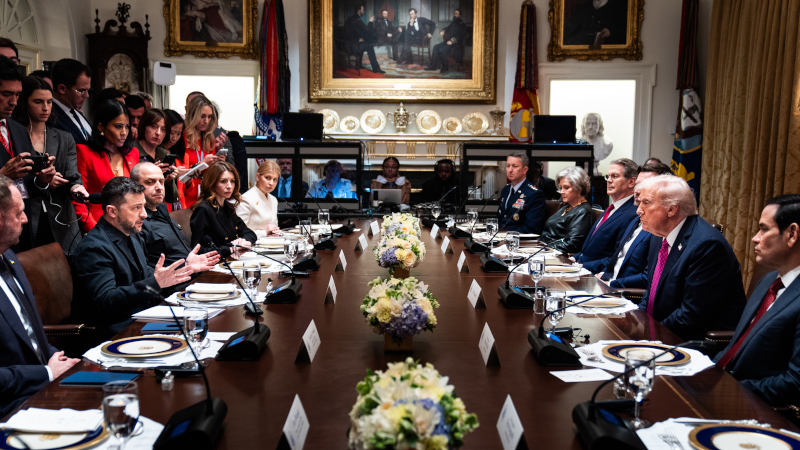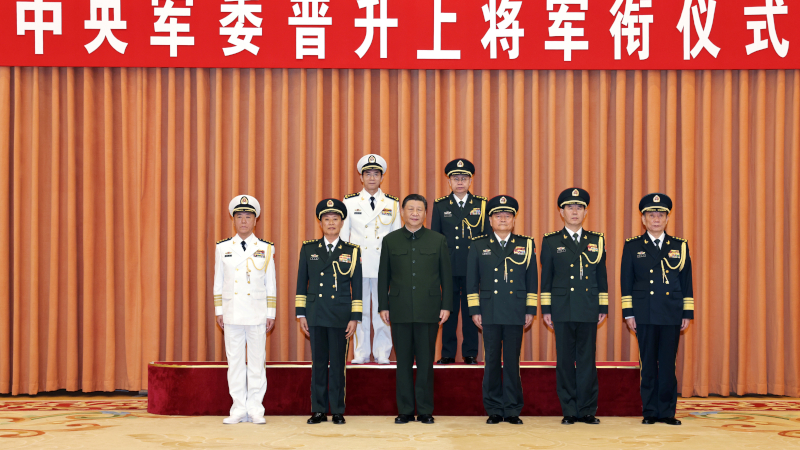
Declared as unjustified
In February 2022, amid the cross-country truck convoy civil liberties protests in Ottawa against COVID-19 precautions and vaccine mandates, Justin Trudeau, the Prime Minister, made an overreaching decision. He invoked the Emergencies Act as a response to this challenge to his overarching policies in a widespread attempt to silence and crush his critics.
Under the Emergencies Act, Trudeau, and his Finance Minister Chrystia Freeland, froze the bank accounts of protesters and their supporters in one of the biggest attacks on free speech and civil liberties that Canada has seen in recent times.
However, a Federal Court has now ruled that the Trudeau-led Liberal government overreached its powers. Their act was declared unreasonable, unjustified, and violating the Charter in a verdict published on a recent Tuesday.
We obtained a copy of the verdict for you here.
Related: Trudeau says he feels “serene and confident” over decision to freeze protesters’ bank accounts
Presiding over the case, Federal Court Justice Richard Mosley found that whereas these Freedom Convoy protests generated harm, they did not elevate to a threat against national security as per the legal definition.
Proclaiming the Emergencies Act in such a scenario, according to Mosley, lacked the attributes of sound decision-making, including justification, transparency, and intelligibility. Tracing the legal and factual constraints that must inform such a resolve illuminated this lack for Mosley.
“I have concluded that the decision to issue the Proclamation [of the Emergencies Act’ does not bear the hallmarks of reasonableness – justification, transparency and intelligibility – and was not justified,” Mosley wrote.
Civil liberty groups, including the Canadian Civil Liberties Association (CCLA) and the Canadian Constitutional Foundation (CCF), had challenged this historic precedent. They contended that the Liberal government stretched its power too far while dealing with the Freedom Convoy blockades in Ontario and Alberta in February 2022. The court’s verdict aligned with their argument.
Expressing a rare degree of self-reflection, Mosley confessed to initially leaning towards the counter-argument. He perceived the convoy’s actions as crossing the line of legitimate protest, constituting the erosion of public order. Were he present at the government’s decision-making table, he might have supported invoking the act. Over months of mulling over the evidence and different angles of the argument, Mosley swung towards the viewpoint presented by CCLA and CCF.
Nonetheless, the government remains convinced that invoking the Emergencies Act was necessary and has promised to appeal the verdict. Deputy Prime Minister Chrystia Freeland commented on Mosley’s decision by asserting their belief that public safety and national security, which include economic security, were under threat.
“The public safety of Canadians was under threat, our national security, which includes our national economic security, was under threat,” Freeland alleged. “I was convinced at the time. It was the right thing to do. It was the necessary thing to do.”



